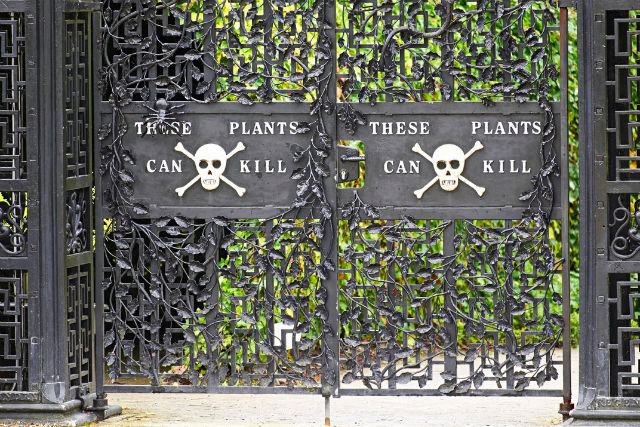England’s Poison Garden Has Some Of The Deadliest Plants On The Planet. It’s Surreal.
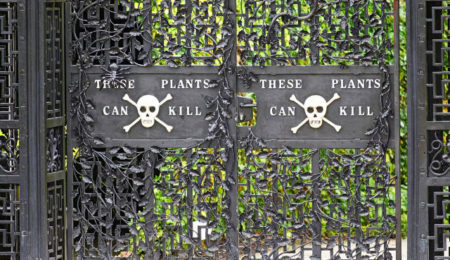
Quite an unusual fancy – poisonous plants, and although botanists have studied them before, humans generally avoid any contact (as much as we can help it) with any plant that might even remotely be poisonous and capable of contaminating life.
It will come as quite a surprise, then, if I were to tell you that there exists, in Northumberland, England, a garden dedicated solely to poisonous plants. Established by Jane Percy, the Duchess of Northumberland, in 2005, the Poison Garden, located within Alnwick Garden is famous for the more than 100 deadly and hallucinogenic plants that it houses.
Located within the Alnwick Garden, the Poison Garden sprawls behind the large iron gate marking its entry, made conspicuous by the large sign across its middle, with a very simple yet looming sentence – “These plants can kill.â€
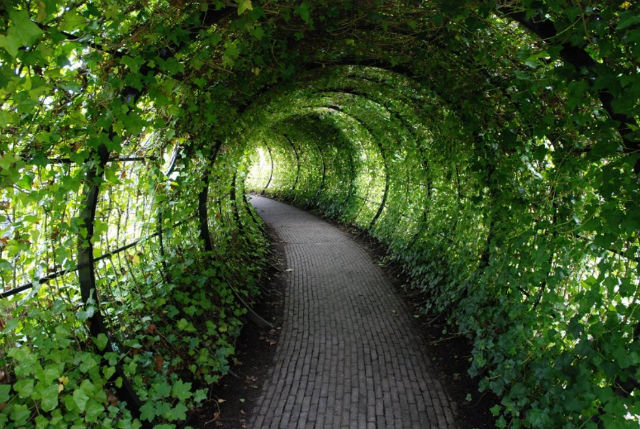
Jane Percy, after becoming the Duchess of Northumberland in 1995, was asked to do something with the gardens which was, at the time, a sprawling wilderness. The result was the Alnwick Garden, stretching out across 14 acres, and attracting visitors from across the world every year.
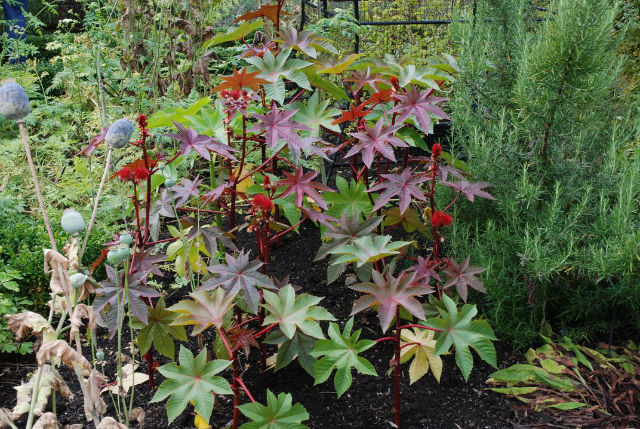
However, she was also aware of the fact that there needed to be “something really unique†in the garden if it were to grab people’s attention. “Let’s try and do something really different,†said Percy, and the result was the Poison Garden.
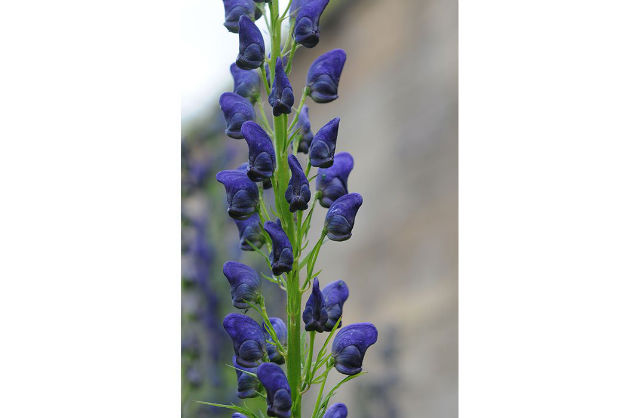
Inspired by the similar Medici garden in Italy, the Duchess decided that it would be a good idea to replicate it in England. And while many may find this a slightly outrageous idea, the Duchess has a very good reason: “I wondered why so many gardens around the world focused on the healing power of plants rather than their ability to kill… I felt that most children I knew would be more interested in hearing how a plant killed, how long it would take you to die if you ate it and how gruesome and painful the death might be.â€
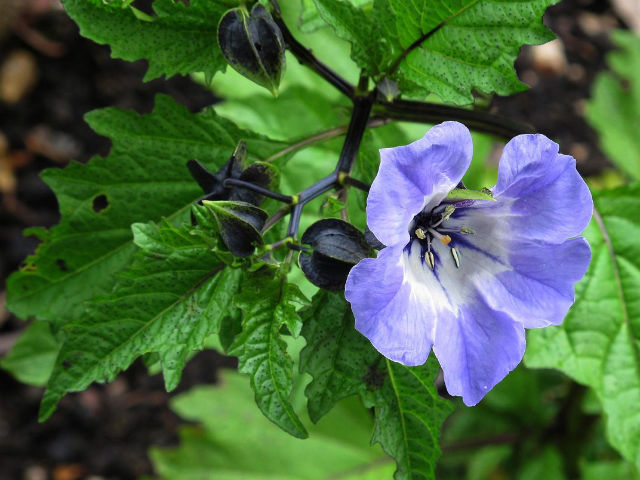
She set out to collect the 100 species of poisonous plants that would later come to populate the Poison Garden; her only criteria for the selection was that the plants had to tell a good story.
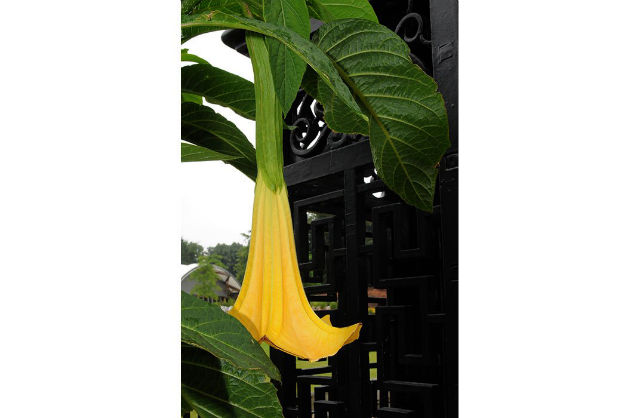
Owing to the poisonous properties of the plants in the Poison Garden, visitors are explicitly prohibited from touching, smelling, or tasting any of the flora. This doesn’t ensure absolute safety, though; seven people fainted from inhaling toxic fumes in the summer of 2013.
The Duchess also grows cannabis and cocaine in the garden, which promote the garden’s educational endeavour with regard to drug education.
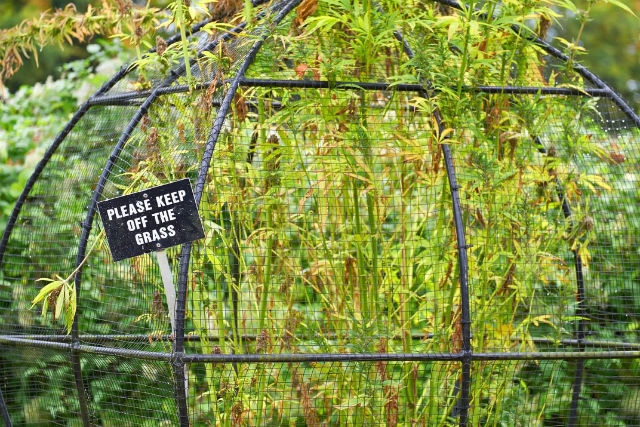
Most of these plants, says the Duchess – and the teeming crowds at the garden would agree – are “very interestingâ€, despite their potential to kill.
[source:Â www.smithsonianmag.com]














